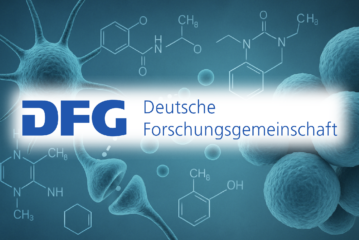The German Research Foundation (DFG) has selected eight new Priority Programs (“Schwerpunktprogramm”, SPP) to begin in 2026. One of these programs, “Holistic Design of Molecular Communication Systems”, will be coordinated at Friedrich-Alexander-Universität Erlangen-Nürnberg (FAU) and is led by Prof. Robert Schober. This selection offers a valuable opportunity for the IDC to continue contributing to the growing research area at the intersection of communication engineering and life science.
Traditional communication technologies—such as radio, telephone, and the internet—rely on electromagnetic waves. However, these systems reach their limits in certain environments, particularly when communication needs to occur in biological systems, liquid media, or at microscopic scales.
Nature offers an alternative: molecular communication. This process, used in biological systems such as hormone signaling, relies on molecules as carriers of information. The emerging field of synthetic molecular communication explores how these natural principles can be engineered for technical applications. Potential use cases range from enhancing immersive virtual experiences with scent-based communication to novel methods for pest control by mimicking insect pheromone signals, and more.
Given the wide range of possible applications, interdisciplinary collaboration is essential. The new SPP aims to bring together researchers across fields and institutions to push the boundaries of what molecular communication can achieve. The newly selected SPPs will be funded by the DFG with a total of approximately 55 million euros over an initial period of three years.

